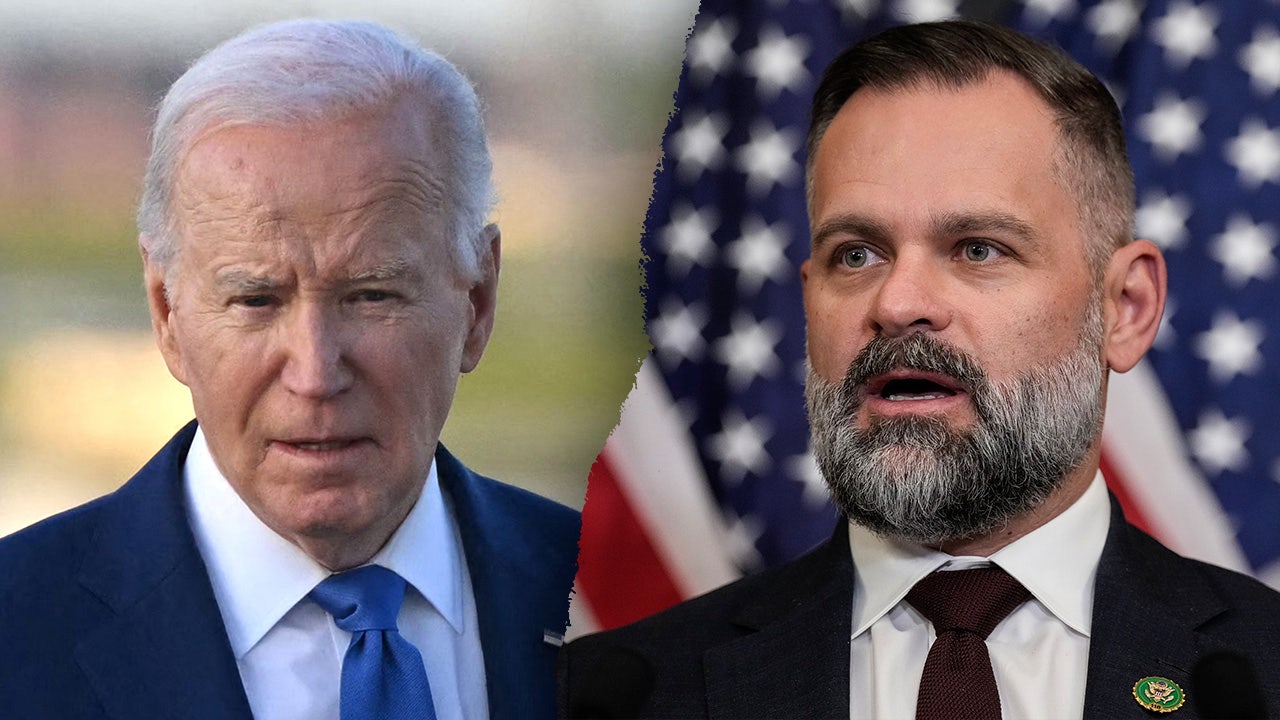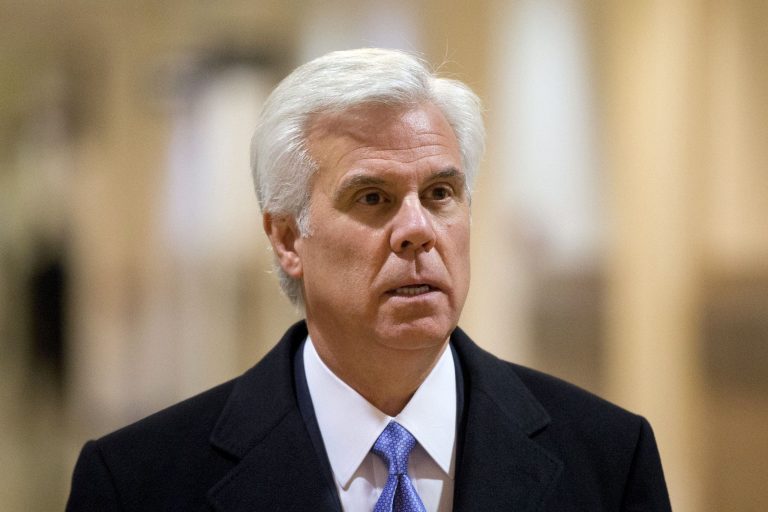House Republicans are planning to impeach President Biden over his threat to cut aid to Israel.
Amid escalating tensions surrounding President Joe Biden’s decision to withhold U.S. aid to Israel, demands for his impeachment have grown louder. The House has been called upon to take action against what Republicans view as a “quid pro quo” situation akin to the previous impeachment of President Trump.
Former Trump administration official Mills accused Biden of leveraging U.S. dollars against Israeli actions in Gaza, drawing comparisons to Trump’s withholding of aid to Ukraine. Mills argued that Biden’s actions constitute an impeachable offense, as he allegedly pressured Israel by pausing approved funding in exchange for halting operations with Hamas.
Israelis feel “betrayed” following Biden’s threat to withhold arms to defeat Hamas in Rafah, prompting strong reactions from GOP lawmakers and moderate Democrats alike. Calls for impeachment have surfaced, with Rep. Andrew Clyde leading the charge for an immediate inquiry into Biden’s decision.
Biden’s ultimatum to Israel was revealed in a CNN interview, where he stated that U.S. support for defensive systems would continue but that weapons historically used in dealing with specific regions, like Rafah, would not be supplied if Israel pursued a ground invasion. The move has sparked widespread criticism and comparisons to Trump’s controversial dealings with foreign aid.
While an impeachment inquiry into Biden’s actions seems unlikely to proceed to a Senate trial, the issue highlights the deep divisions in Washington amidst Israel’s conflict with Hamas. Critics argue that Biden’s decision to link aid to political motives risks compromising national security and appeasing radical elements within his party.
As discussions continue with Israel to find alternative strategies for addressing Hamas, the fallout from Biden’s decision underscores the complex balancing act between political interests and international alliances. The repercussions of these developments remain uncertain, but the need for accountability and transparency in foreign policy decisions is more apparent than ever.
Despite the challenges and controversies surrounding Biden’s handling of the Israel situation, the broader implications for U.S. foreign policy and international relations will likely reverberate for years to come. The delicate dance between political expediency and strategic imperatives underscores the complexities of navigating global crises in an increasingly interconnected world.
As the debate over Biden’s impeachment unfolds, one thing remains clear: the consequences of his actions will shape the course of U.S. foreign policy and influence perceptions of American leadership on the world stage.








